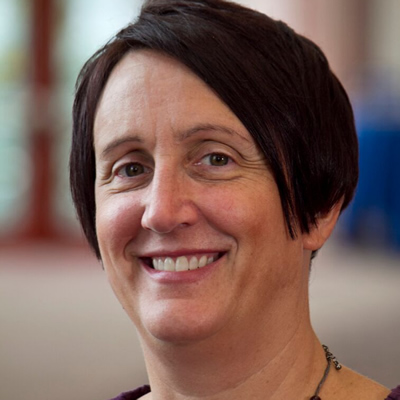
The End of Net Neutrality As We Know It?
On Thursday, the U.S. Federal Communications Commission (FCC) meets to propose new rules "to protect and promote the open Internet." It has no choice because a U.S. appellate court threw out parts of its current rules in a January decision favoring the telephone company Verizon. The decision did not eliminate FCC authority to regulate the Internet, but it did make it more complicated.
On Thursday, the U.S. Federal Communications Commission (FCC) meets to propose new rules “to protect and promote the open Internet.” It has no choice because a U.S. appellate court threw out parts of its current rules in a January decision favoring the telephone company Verizon. The decision did not eliminate FCC authority to regulate the Internet, but it did make it more complicated.
So while the FCC has no choice but to act at some point, where the FCC does have a choice is deciding what to do. The problem is that some of FCC Chairman Tom Wheeler’s preliminary comments suggest he’s for killing the core feature of the open Internet, Net Neutrality, in order to save it. While he has retreated somewhat, he has generally indicated he is in favor of allowing Internet providers (big phone and cable companies) to charge extra for “paid prioritization.” You may recall this issue as it was originally described years ago: “paying for fast toll lanes on the Information Superhighway.” It would allow big, rich companies — think Google, Amazon and Netflix — to dominate the web and make it harder for the next innovative, new, small competitors in tomorrow’s dorm rooms and garages to ever catch on. And it would give commercial content a huge advantage over important non-commercial content, like you see at Arizona PIRG or any other non-profit or government sites you use.
By allowing companies to pay more to gain faster access means others will have slower content, coming and going. As Professor Tim Wu, who originally developed the concept of and coined the term “network neutrality” told Jeff Sommer for a story in the NY Times this weekend, “Defending the Open Internet:”
“Sometimes what everybody thinks about the law is more important than what the law itself says. I think that’s what’s happened with net neutrality. It’s become a kind of norm of behavior, what you can and can’t appropriately do with the Internet. It’s got to be open. Except for legitimate purposes like protecting the network itself, there shouldn’t be discrimination against one form of content or another or one provider or another. And people generally accept that. Until now, the idea in a way has been more important than what the regulations have actually said.”
Indeed, that’s why some of the big companies that would clearly benefit from the Wheeler proposal have pulled away from it, in a letter to Wheeler and the FCC. That letter, and Wheeler’s response, are discussed by David Carr of the New York Times here. Of course, as the article notes, Netflix, despite signing the pro-net neutrality letter, has already started paying extra for faster lanes, since the January court decision.
Apparently the FCC’s getting a lot of calls. The papers are reporting that its answering machines urge you to hang up and send an email. Commissioner Rosenworcel has asked for the Thursday vote to be delayed, but new drafts could be shopped to other commissioners by Wheeler as early as today.
Arizona PIRG Education Fund’s Consumer Program Director Ed Mierzwinski co-authored this blog.
Topics
Authors
Diane Brown
Executive Director, Arizona PIRG
Diane E. Brown has worked with the State PIRGs for over 35 years, over half serving as the Executive Director of Arizona PIRG. She is a leader in efforts to protect consumers from unfair marketplace abuses and unsafe products; promote 21st century energy and transportation options; and foster an accessible and accountable government. Diane frequently works with diverse entities; advocates and testifies before elected and governmental officials; and appears on television and radio and in newspapers across the state. Diane’s leadership has helped to secure public interest victories at the Arizona Legislature, the Arizona Corporation Commission, and various state agencies. Diane is a recipient of awards from the Arizona Capitol Times, Phoenix Business Journal, League of Women Voters of Arizona, and Arizona League of Conservation Voters.
Find Out More

Apple AirPods are designed to die: Here’s what you should know

New report reveals widespread presence of plastic chemicals in our food

Consumers call on Meta to protect kids’ safety in Quest virtual reality

